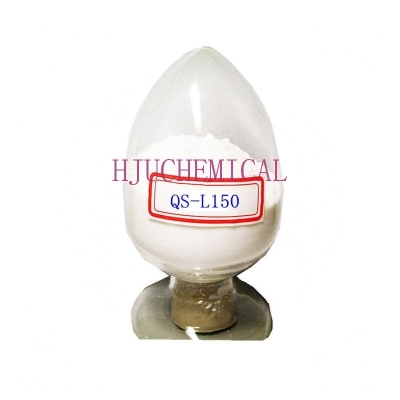-
Categories
-
Pharmaceutical Intermediates
-
Active Pharmaceutical Ingredients
-
Food Additives
- Industrial Coatings
- Agrochemicals
- Dyes and Pigments
- Surfactant
- Flavors and Fragrances
- Chemical Reagents
- Catalyst and Auxiliary
- Natural Products
- Inorganic Chemistry
-
Organic Chemistry
-
Biochemical Engineering
- Analytical Chemistry
-
Cosmetic Ingredient
- Water Treatment Chemical
-
Pharmaceutical Intermediates
Promotion
ECHEMI Mall
Wholesale
Weekly Price
Exhibition
News
-
Trade Service
Foamed polypropylene industrialization enterprises are less dependent on imports and are highly dependent on imports
Foamed polypropylene industrialization enterprises are less dependent on imports and are highly dependent on importsFoamed polypropylene is a thermoplastic resin obtained by the polymerization of propylene.
It is a composite material formed by using a polymer as a matrix and a large number of air bubbles as a filler
.
Foamed polypropylene can be used in food packaging, meat packaging and trays, reusable utensils (such as drink cups, microwave trays, bottle seals, etc.
), automotive interiors, bumper cores,
etc.
As early as the 1970s, the world began to conduct research on expanded polypropylene.
According to different processing techniques, expanded polypropylene can be divided into expandable polypropylene (EPP), extruded expanded polypropylene (XPP), There are four major categories of injection molded polypropylene (IPP) and molded expanded polypropylene (MPP).
Among them, only expandable polypropylene (EPP) products have achieved industrial production, and the other three categories of products are unclear due to technology, equipment and application fields.
Due to factors such as restrictions, there is no sign of industrialization yet
.
In recent years, under the influence of the increasing emphasis on environmental protection by major countries in the world, expanded polypropylene (XPP) has gained new opportunities for development.
For example, fluorine is usually used in the foaming process of polystyrene (PS).
Chlorocarbon compounds or butane have adverse effects on the environment, and the products are difficult to degrade and easily form "white pollution".
The United Nations Environmental Protection Organization has decided to stop using PS foam products; Europe, the United States, China and other countries and regions have implemented lightweight automobiles.
Policies have created a favorable market environment for the expanded polypropylene (XPP) industry
.
In China, expanded polypropylene (XPP) is also listed as an industry to encourage development
.
In China, expanded polypropylene (XPP) is also listed as an industry to encourage development
.
As the market demand for expanded polypropylene (XPP) continues to increase, national scientific research institutions and relevant units should accelerate the pace of research and development, realize the industrialized production of expanded polypropylene (XPP) as soon as possible, and get rid of the situation of import dependence
.







